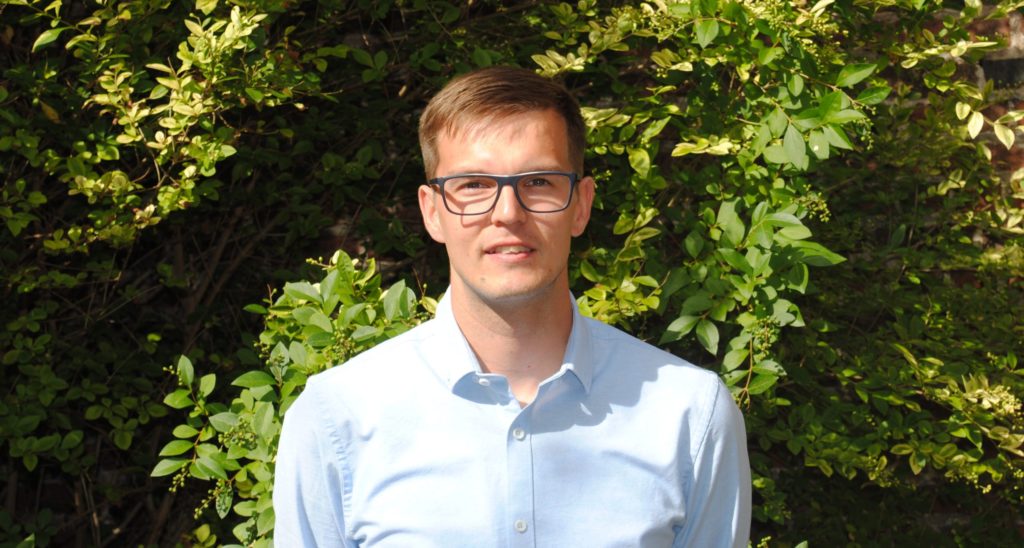
Why Mental Health Matters in Multiple Sclerosis
29.10.2021Guest Blog Post by Patrik Puljić, a young person with MS from Croatia, Young People’s Representative on the EMSP Executive Committee
As a young person with MS, Patrik has struggled with mental health. Following his diagnosis, he faced a lot of uncertainties, challenges, and worries which lead to stress and discomfort. Yet, with time and the help of his community, from that of his neurologist, local MS society, friends, and family, he ‘proved to himself that he could still enjoy his life even after being diagnosed.’
The Process of Tackling Mental Health
Since I was diagnosed with multiple sclerosis in 2011, my view on mental health has completely changed. Before I was diagnosed, I didn’t really pay attention to my mental health. To be honest, mental health was not really a topic during my school time. When I was a teenager going to middle school, I often thought to myself: “What could happen? I am young, I live my life to the fullest and I cannot wait to go to college.”

But that way of thinking suddenly changed when I was diagnosed with MS, and I had a million questions on my mind. As time passed, there were more and more questions. After a while, I started wondering why some people diagnosed with MS, are happy, and some of us are depressed, angry, or sad. What is that ‘thing’ that determines if I am happy after my diagnosis or not? I knew that mental health had an impact on this and that the brain is the trigger of it all.
But how do I start or stop that trigger?
How can I choose that fortunate side while I am young and newly diagnosed?
I started researching more about mental health and spoke to my neurologist, but I also started talking to other specialists to find out the answers to my questions about mental health. I am the kind of person who wants to see results instantly, but when somebody complains to me about something, I am the first one to say that results take time! I knew I had to persist and that the results will come, but there were moments when I was scared about what would happen to me. What if everything would lead to the worst thing? Thankfully, with time, I realized that everything must go its own way and that you simply cannot choose that joyful side. You must work on that fortunate side.
The Light At The End of The Tunnel
This way of thinking started something in me, and today, 10 years after I was diagnosed, I realize how important that was. I convinced myself that a little success on a daily basis adds up a lot. There were more and more of these daily little wins which eventually resulted in a bigger success at the end of the week or month. I have to admit that after I was diagnosed, I became much more organized. Because I felt that I got tired very fast I had to plan my week to be able to cope with everything. MS taught me more about the importance of order in life.
The obligations for my local society, college and meetings with friends have occupied my daily activities. I even returned to football and started playing with my friends. All of these activities have raised my motivation and with that, I proved to myself that I could still enjoy my life even after being diagnosed.
My parents and friends have also started to be happier around me; there are fewer questions about the disease and more questions like “How was your day?”. This has meant a lot to me, because it feels that everything is normal, standard life. A typical life where I will even have an argument with somebody and later make up, because that is also a part of life. And finally, the results that I had been waiting for! My neurologist said that for the first time my disease has not changed and that I should keep on living to the fullest. These obligations, these little wins and the support have brought results, and I realized that it was my mental health that led to these results. The little wins added up to a great big sense of loving life.
Tackling our mental health is a process. Following a diagnosis, we often face uncertainties and with that a lot of mental discomforts. Patrik, through his own experience, is happy to say that if we change the way we look at our situation, things will change. This process will require patience and the help of those around us, but with time ‘these little wins and the support will bring results’.
 Your Account
Your Account


